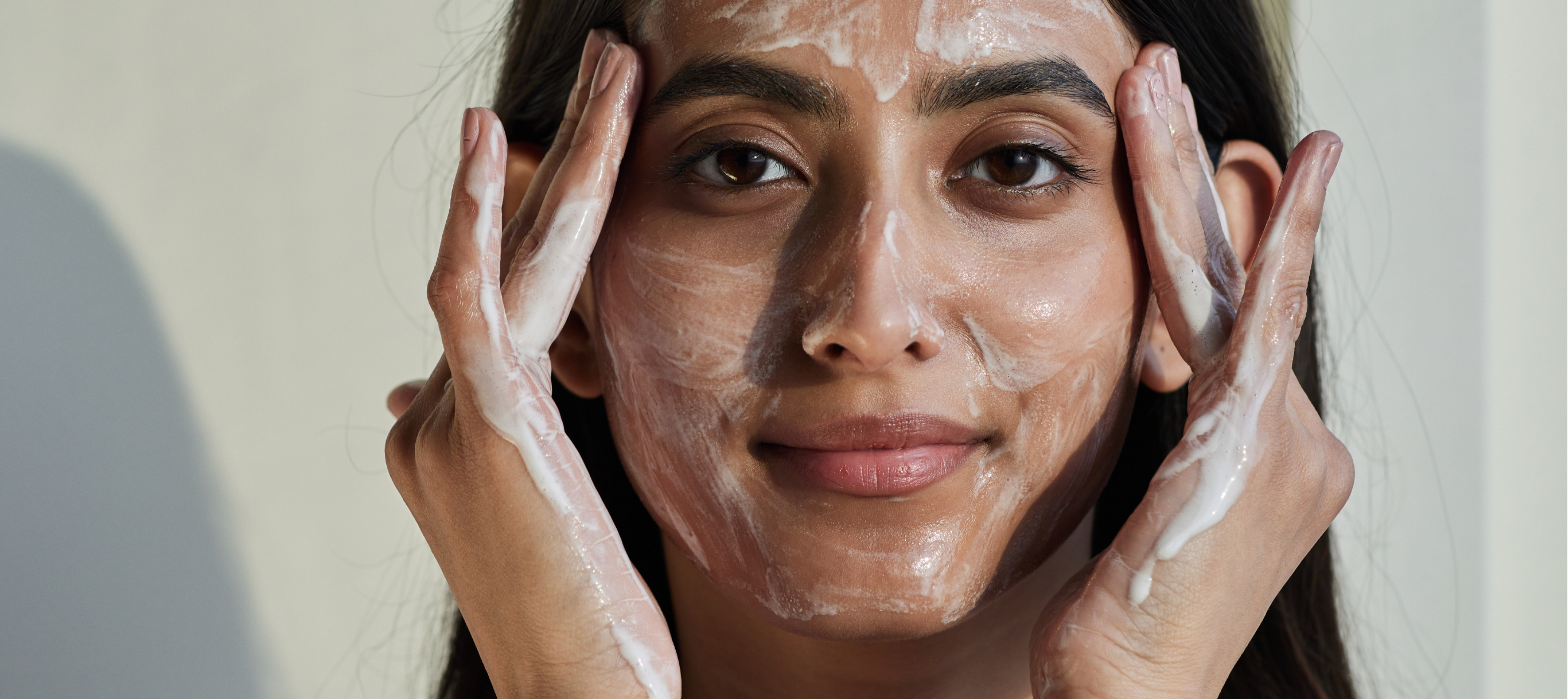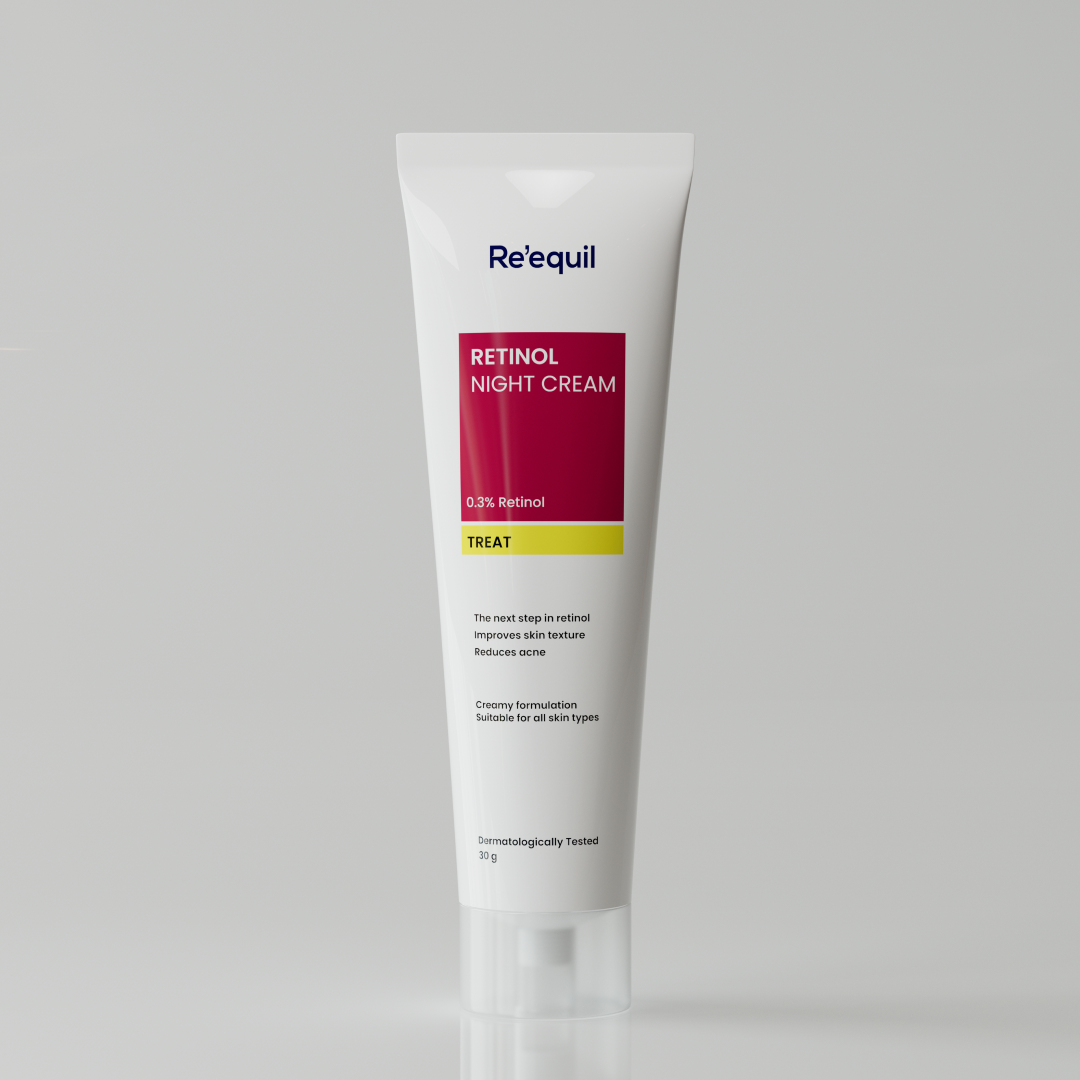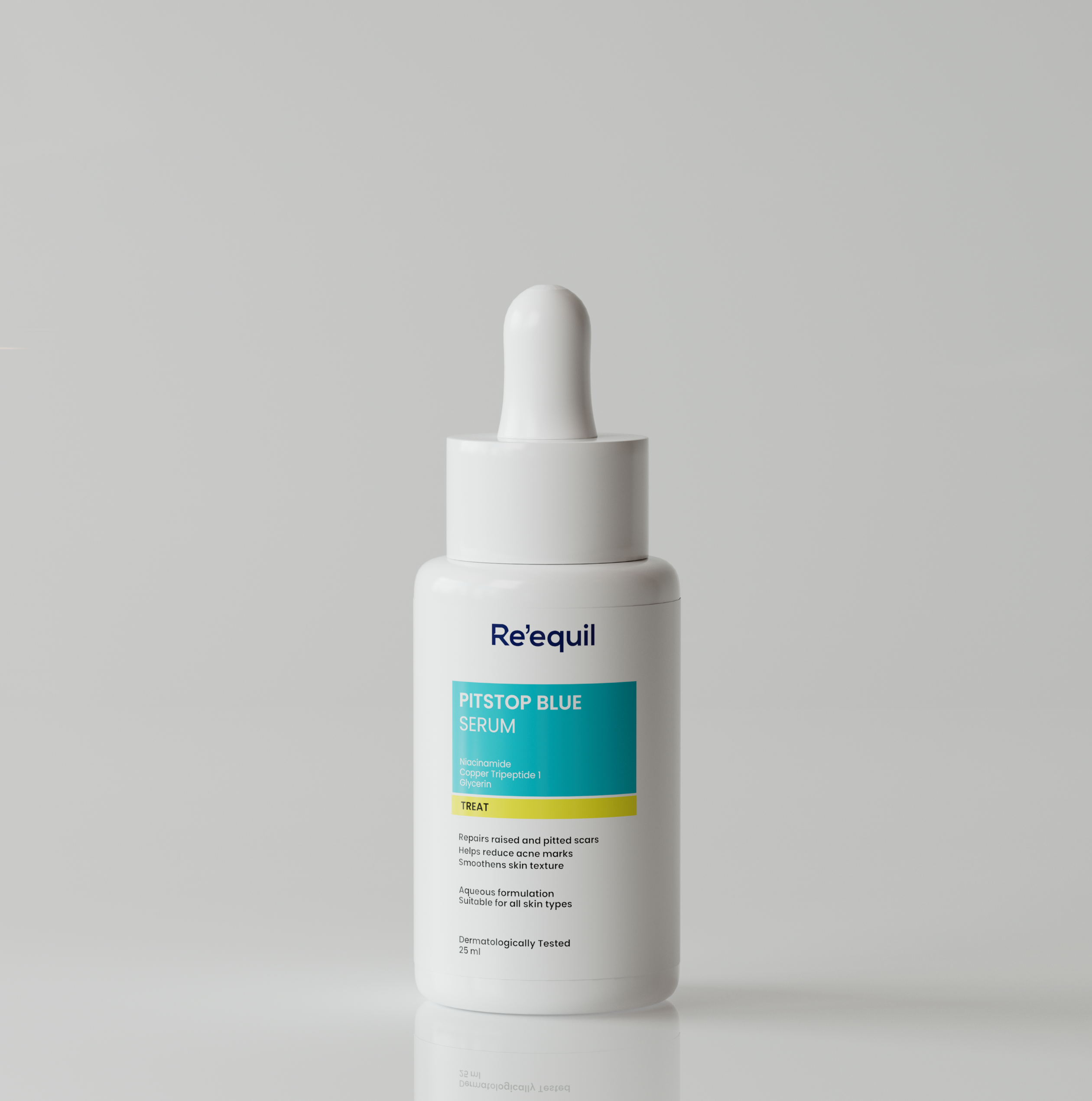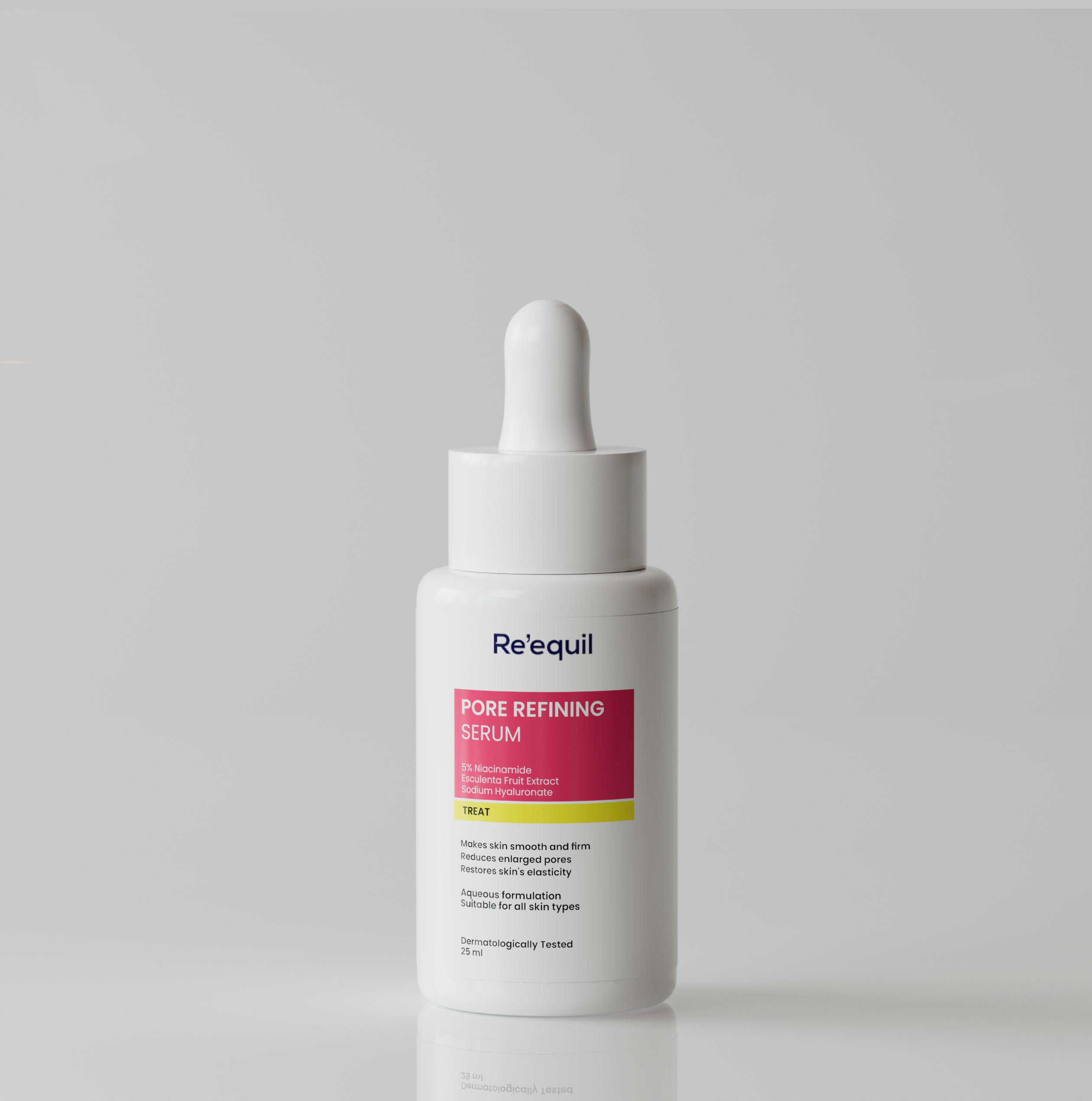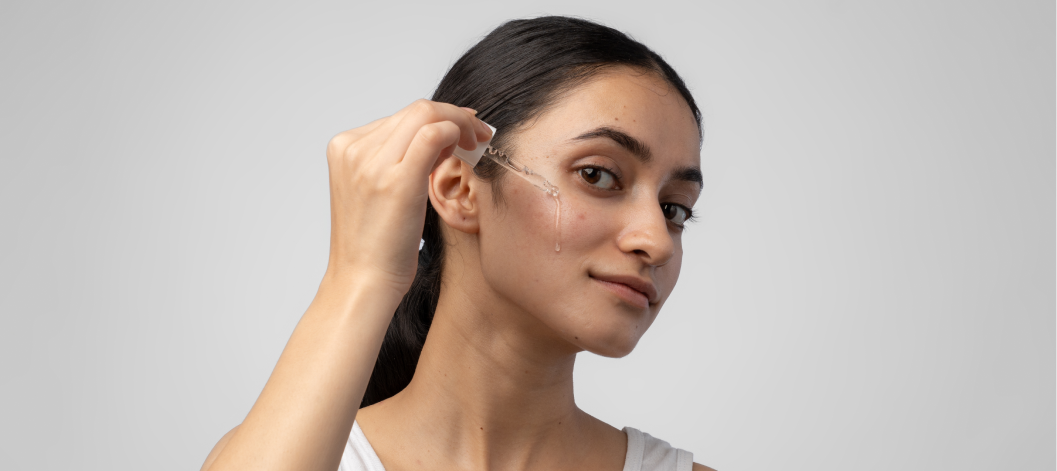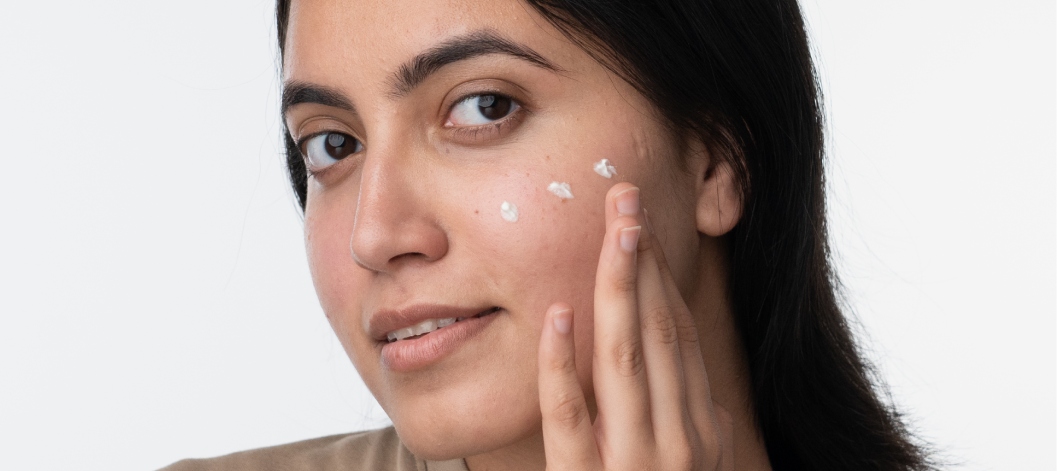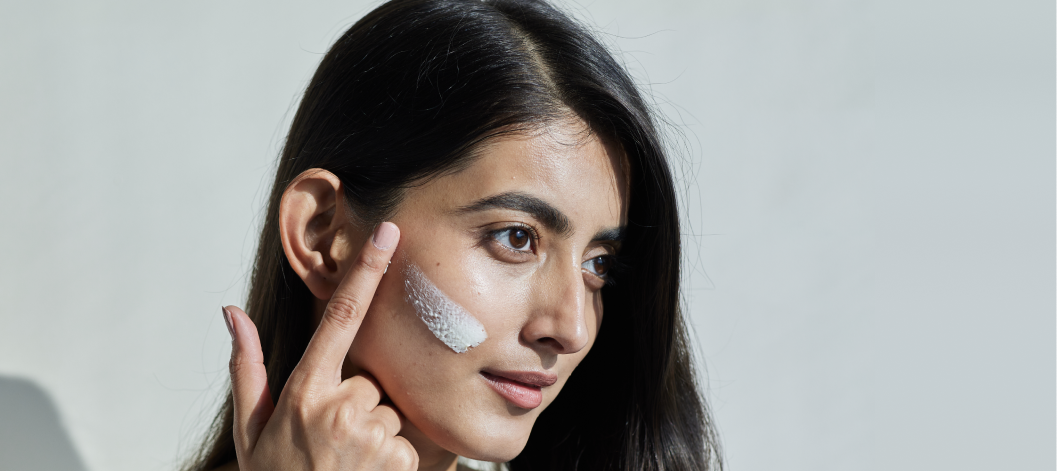When it comes to skincare, consistency is key.
While it is tempting to skip your nighttime skincare routine after a long, tiring day—understanding the importance of this ritual may change your mind.
Your skin does not just rest at night; it actively works to repair and rejuvenate. During the night, skin cells regenerate more rapidly than during the day.
This process, known as cell turnover, is essential for repairing damaged cells, stimulating collagen production, boosting skin elasticity and maintaining a healthy, radiant skin.
Omitting your nightly skincare routine carries repercussions, so let us delve into why it is imperative to uphold this ritual without fail.
Importance of nighttime skincare routine: The skin's nocturnal reparative process
The skin's natural repair and renewal mechanisms are most active during the night.
While you sleep, the skin's blood flow increases, allowing it to absorb nutrients and oxygen more efficiently.
This makes nighttime the perfect time for skincare products to work their magic. Here’s why.
1. Circadian rhythms
The body's circadian rhythms influence various physiological functions, including skin repair and renewal.
The skin's barrier function, moisture levels, and blood flow fluctuate throughout the day and night.
A well-timed skincare routine takes advantage of these rhythms, ensuring that products are most effectively absorbed during the night.
2. Cell regeneration
Skin cell turnover is at its peak during the late hours.
This means that fresh, healthy skin cells are replacing damaged ones.
To support this process, you should include products like Retinol and Niacinamide that promote cell turnover.
3. Collagen production
Collagen, a protein responsible for skin's elasticity, is primarily produced during sleep. Serums or creams containing peptides can help stimulate collagen production.
4. Hydration and moisture
The skin loses moisture during the night and the use of a good nighttime moisturiser enriched with ceramides can help lock in hydration, preventing transdermal water loss (TEWL) that can lead to dryness and dehydration of skin.
5. Fading hyperpigmentation
Products with ingredients like alpha hydroxy acids, boswellia serrata resin extract and rice bran extract contain antioxidants that accelerate the healing of acne lesions, thereby reducing hyperpigmentation, sunspots and acne scars while you sleep.
6. Reduced exposure to environmental stressors
The absence of direct sunlight during nighttime reduces the risk of UV damage. This makes the evening an ideal time to use certain products such as retinoids and exfoliants, that may increase photosensitivity, without the threat of UV radiation.
While you sleep, your skin is in a relatively stable condition. This means it is less prone to external factors that can disrupt the efficacy of skincare products, such as sweating, touch, or exposure to sun and pollution.
Essential products for your nighttime skincare routine
An effective nighttime skincare routine is a carefully curated lineup of products that serve a specific role in promoting skin health and rejuvenation, working together harmoniously to help your skin recover and replenish.
These products form a crucial line of defence against signs of ageing and damage, ensuring that your skin wakes up each morning refreshed, rejuvenated and ready to face a new day.
Cleanser
Start by cleansing your face to remove makeup, dirt and pollutants. A gentle, sulphate-free cleanser enriched with zinc PCA and citric acid is ideal to ensure a deep cleansing that removes most surface impurities.
Serum
Whether your goal is to combat signs of ageing, hydrate, brighten or even out your skin tone, serums offer targeted solutions. The importance of serums at night lies in their ability to deeply penetrate the skin during its natural repair and rejuvenation phase.
Moisturiser
Use a night cream or a non-comedogenic moisturiser enriched in niacinamide, hyaluronic acid, madecassoside and cydonia oblonga leaf extract can nourish the skin and lock in moisture. They collectively impart supple radiant skin and also remove scars and pigmentation marks. They function by replenishing the lipids in the skin barrier and improving moisture retention.
Eye Cream
An eye cream enriched with ingredients like chenopodium quinoa seed extract and sodium hyaluronate are known to effectively hydrate the sensitive under-eye skin whilst addressing concerns like puffiness, dark circles and fine lines.
Retinol
Retinol is a highly photosensitive ingredient that should only be used at night and followed up by sunscreen in the morning. Retinol is proven to reduce signs of ageing like wrinkles and fine lines by neutralising free radicals in the middle layer of the skin. It also helps lighten acne scars and reduce blemishes.
Sheet Masks or Eye Masks
Sheet masks can be valuable additions to a good nighttime skincare routine. They are loaded with a rich blend of vitamins, antioxidants and other beneficial ingredients. These can nourish the skin, providing essential nutrients, and are especially beneficial at night when the skin tends to lose moisture.
Pro tips to maximise benefits
-
Use sunscreen during the day
Protect your skin from UV damage during the day with sunscreen. UV exposure can compromise the benefits of your nighttime routine.
-
Invest in silk pillowcases
Silk pillowcases can reduce friction and minimise wrinkles and creases that may form during sleep.
Why should you not skip your nighttime skincare routine?
Skipping your nighttime skincare routine can have detrimental consequences for your skin's health and appearance.
One of the immediate consequences is that your skin misses out on the crucial process of repair and renewal that occurs during the night.
This can lead to a faster onset of visible signs of ageing such as fine lines, wrinkles and a lacklustre complexion.
Additionally, neglected skin is more prone to clogged pores, breakouts and uneven skin tone as the buildup of dead skin cells and dirt accumulates.
You may notice the following -
Accelerated signs of ageing
Without proper care, your skin may age faster. The lack of moisture and nutrients can lead to fine lines, wrinkles and dullness.
Clogged pores
Skipping your skincare routine can lead to a buildup of dead skin cells, oil and dirt, potentially leading to acne, blackheads, and enlarged pores.
Uneven skin tone
Discoloration, hyperpigmentation and blemishes may persist without the targeted ingredients found in your products.
Loss of elasticity
Collagen production can decline, leading to sagging and reduced skin elasticity.
Increased sensitivity
Neglecting skincare can make your skin more susceptible to irritation, redness and acne breakouts.
Long-term damage
The cumulative effects of neglecting your skin over time may result in more significant issues that are harder to address.
Wrapping up
A nighttime skincare routine is key to keeping your skin healthy and glowing.
At night, your skin repairs and rejuvenates, making it more receptive to skincare products.
A regular routine enhances this process, boosts collagen production, and helps repair environmental damage.
By committing to a simple nighttime regimen, you ensure your skin wakes up refreshed, hydrated, and radiant.
A little effort before bed can make a big difference over time.






